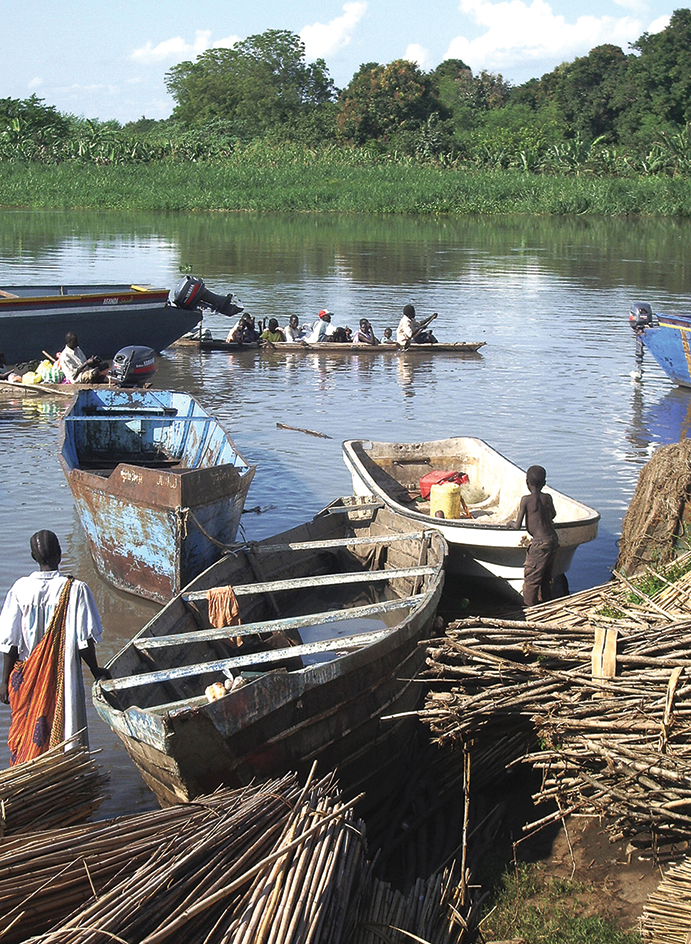Juba is the capital city of the Republic of South Sudan. It lies on the Nile River about 80 miles (127 kilometers) north of the nation’s border with Uganda. Many of Juba’s residents are soldiers, traders, or government workers. The city has an international airport and a university. South Sudan separated from the nation of Sudan in 2011. Before then, Juba was the capital of Sudan’s southern region. It was also the capital of the state of Bahr al Jabal, also called Central Equatoria. Juba is a rapidly growing city. Its population is estimated at around 500,000.

Juba began as a farming and herding village. Its location on the Nile exposed it to frequent slave raids during the 1800’s. In 1899, the United Kingdom and Egypt began ruling Sudan together. The United Kingdom took a more active role. Juba became the headquarters of the province of Equatoria. Juba grew into a major port town.
Over time, a nationalist movement called for independence for Sudan. In 1947, Juba hosted a conference on relations between the northern and southern regions. The conference decided that, after Sudan became independent, the north and south would be united. However, many southern leaders feared that the north would not share power equally. Sudan gained independence in 1956, and the south rebelled. When the rebellion ended in 1972, Juba became the capital of the newly autonomous (self-ruling) south.
In 1983, Sudanese President Gaafar Nimeiri ended southern autonomy. He established Islamic law throughout Sudan. Southerners protested, and the country slid into civil war. In 2005, a peace deal restored the southern autonomous region, with Juba as the capital.
In January 2011, voters in southern Sudan approved the region’s separation from the rest of the country. The Republic of South Sudan became independent in July 2011.
See also Sudan; Sudan, South.
